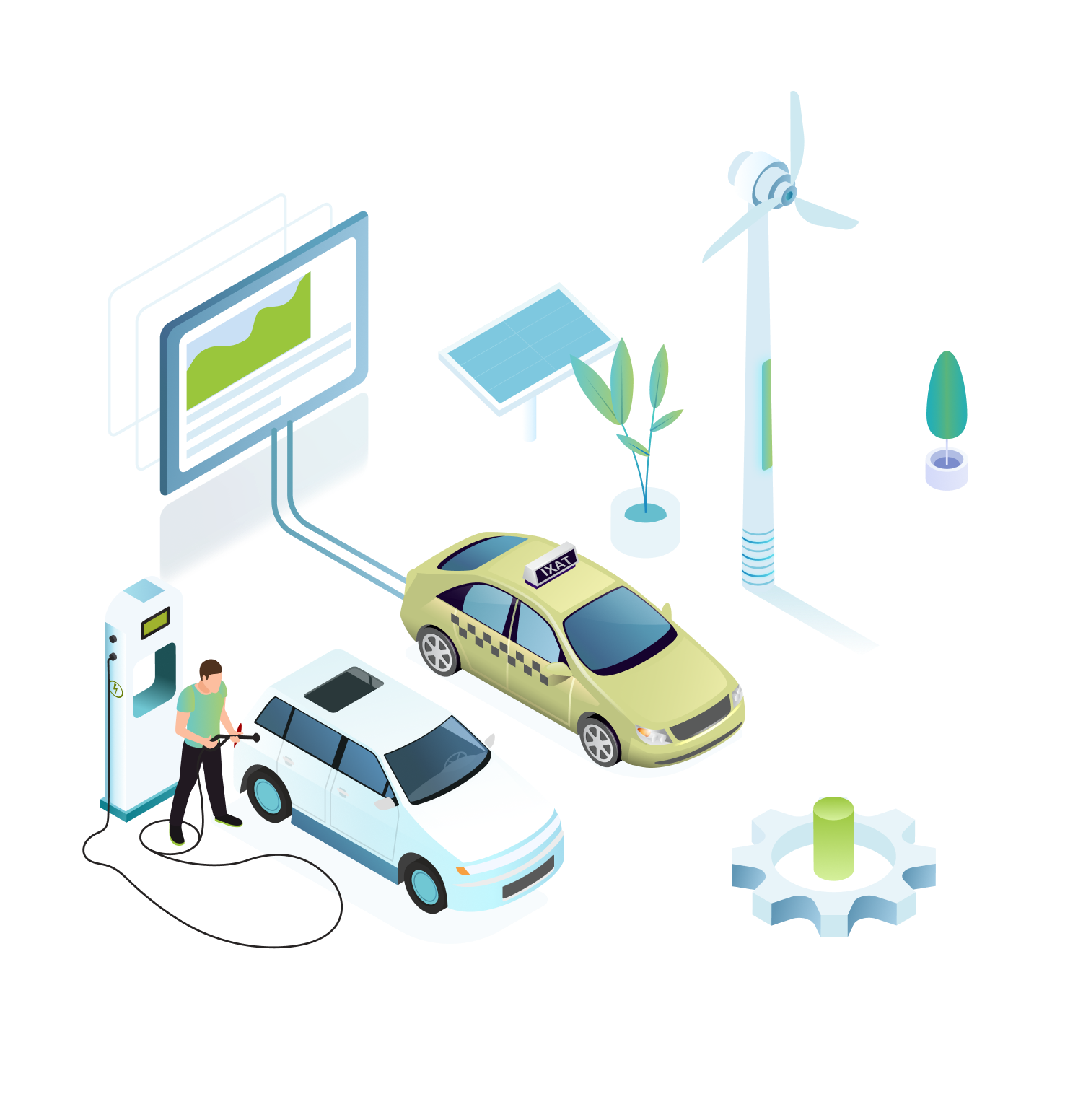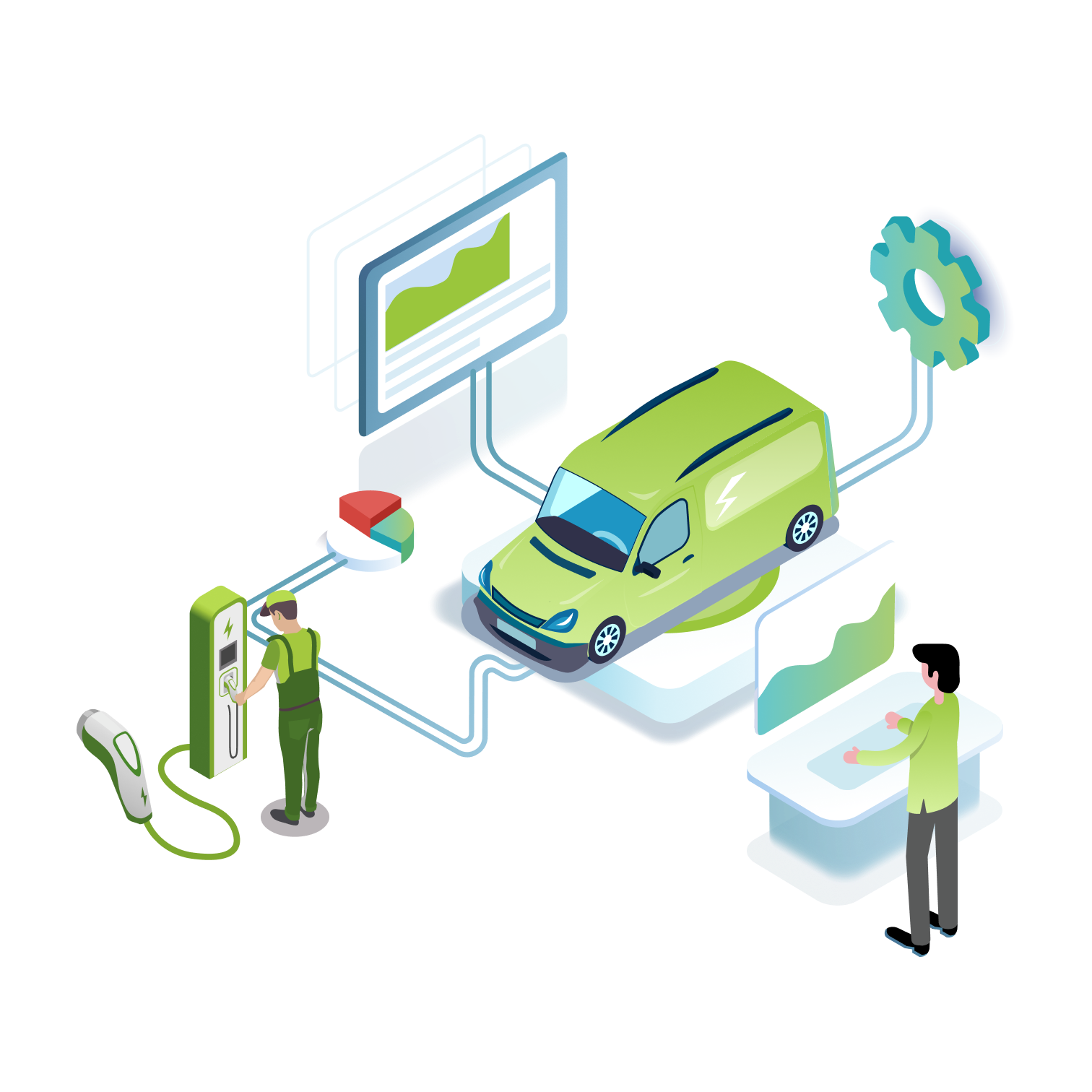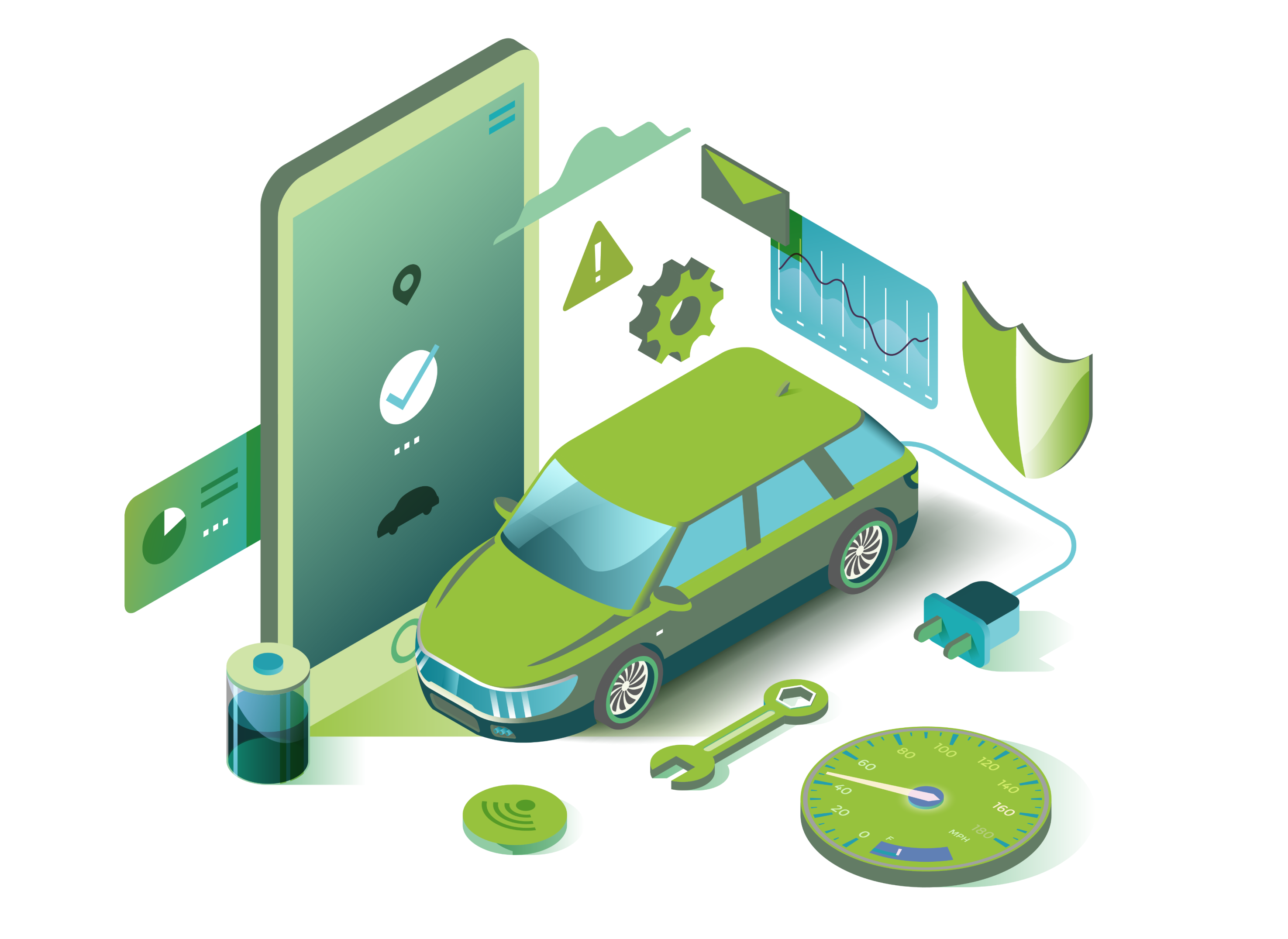How AI impacts the labour market and recruitment- from the employee and employer perspective

- AI
- ARTIFICIAL INTELLIGENCE
- HR
The impact of artificial intelligence (AI) on employment and the labour market can bring both positive and negative change; there is no question about it! However, it is essential to look at how it is distributed. Patrícia Volkov, our recruitment consultant, analysed the case.
Based on the research done so far, there is no consensus that AI will have a significantly negative impact on the labour market. This may be because AI adoption is still relatively slow, so these may only emerge over time. As an advantage, we can highlight that AI creates new tasks and jobs, particularly for highly skilled workers with the right competencies. Many believe this expanded intelligence will enhance human capabilities to facilitate and accelerate workflow rather than replace labour.
One of the primary advantages of AI in employment is the potential to automate routine and repetitive tasks, which can free up a lot of time to focus on more complex and creative work. However, it can also lead to job displacement, as AI can automate tasks that do not require human resources. This is perhaps the biggest threat to workers, as it can help companies increase productivity and efficiency while also saving costs. Companies will prioritize their interests, safety, and growth for understandable reasons.
|
|
On the contrary, AI cannot replace people in jobs that require |
|
Another challenge may be that workers must adapt to new technologies and thus learn new skills to remain relevant in the labour market.
Ultimately, the approach that will help our society to evolve will be to take a proactive, collaborative and open attitude to these technological innovations and to each other.
|
|
The collective attitude is also essential. The question shouldn't be "Will AI replace any human workforce?", but rather "How can it increase performance in certain |
|
AI in recruitment
The AI is also gaining ground in recruitment. It can greatly assist recruiters in pre-screening resumes, selecting candidates, organizing interviews and handling candidate communication and email correspondence. The main example is automated email responses, which provide personalized answers and solutions to various candidate questions, interview management and application status updates. These systems (e.g. Chatbot, which can interact with candidates) use pre-defined template answers to respond to repetitive questions and requests as quickly as possible. They help to optimize time and reduce the resources spent on manually created responses,
There are already some well-established AI-driven apps, and the number is likely to grow. We must keep up with technological innovation to save time, otherwise, we will be left behind.
AI in CV screening
Nowadays, a more attractive company can receive 10 or even 100 applications a day, so candidates need to sell themselves as quickly and effectively as possible, as their resume will evaluate them, but at this point employers cannot get a good idea of your personality. This is why the formatting and content of the CV is so vital from the applicant's point of view, as it is becoming increasingly common for an artificial system to comb through the content, filter out the key parts and decide whether to forward or reject the application. It's all about the ideal placement of keywords in the CV! Unfortunately, although the CV may be inadequate, the person themselves may be compatible with the position...which is why the CV's content is paramount. A strong, clear, transparent CV is often as important as a strong, convincing personal impression.
AI in correspondence and application management
For example, the recruitment process involves sending numerous emails to candidates, which can be time-consuming and monotonous. Moreover, if all emails are written in a template way, they may seem repetitive or impersonal, which can negatively reflect both the recruiter and the organization. Although an AI tool or AI bot will not generate a letter with the same credibility as a human, it is undoubtedly true that the constant tension between IT professionals and recruiters - resulting from the often missed responses by recruiters - can be reduced with the responses sent by AI.
Written by: Patrícia Volkov
Share this post on social media:
Posts by Tag
- IoT (17)
- Smart cities (16)
- E-mobility (14)
- Energy Management (10)
- Mobility (9)
- Software development (9)
- Marketing automation (6)
- RPA (6)
- Robotic Process Automation (6)
- electric vehicles (6)
- Internet of Things (5)
- IoT solution (5)
- Marketing software (5)
- Smart Building (5)
- Business Intelligence (4)
- Custom applications (4)
- IoT platform (4)
- Uipath (4)
- electric charging (4)
- IoT devices (3)
- Properties (3)
- AI (2)
- BI (2)
- Montu (2)
- Multi-device functionality (2)
- Omnichannel (2)
- RPA Budapest (2)
- Smart city (2)
- UX design (2)
- app development (2)
- artificial intelligence (2)
- crm (2)
- crm software (2)
- electric charging station (2)
- machine learning (2)
- marketing campaign (2)
- optima (2)
- API Testing (1)
- Agriculture (1)
- Automated Testing (1)
- BYOD (1)
- EV (1)
- Energy Communities (1)
- Event insights (1)
- Event report (1)
- Green IoT (1)
- HR (1)
- IT Outsourcing (1)
- ML (1)
- Power BI (1)
- Resource Management (1)
- Smart Home (1)
- Smart Office (1)
- TaaS (1)
- UX/UI Design (1)
- Xamarin (1)
- cloud (1)
- cloud computing (1)
- cross-selling (1)
- data driven marketing (1)
- digital twin (1)
- dynamic customer segmentation (1)
- esg (1)
- inbound marketing (1)
- industry 4.0 (1)
- onprem (1)
- onpremise (1)
- scalability (1)
- software robot (1)
- testing as a service (1)
- upselling (1)
Recent Posts
Read On

- E-MOBILITY
- MONTU
- ELECTRIC VEHICLES
- ELECTRIC CHARGING STATION
- ELECTRIC CHARGING
Empower your fleet's efficiency with EV charging solutions
As businesses increasingly embrace sustainable practices, electric vehicles (EVs) have emerged as a game-changer for fleet management. With their environmental benefits and increasing availability, EVs are becoming attractive for businesses seeking to optimize their operations while reducing their...

- E-MOBILITY
- ELECTRIC VEHICLES
- ELECTRIC CHARGING
- SMART CITIES
Europe is set to become the global electric vehicle market leader by 2030
Analysts foresee that European Union countries will overtake China and USA in case of the highest rate of selling electric vehicles in the next few years. The European Parliament and European Council set an agreement in June 2022 that all new cars registered in Europe will have zero-emission by...

- MOBILITY
- E-MOBILITY
- MONTU
- EV
- ELECTRIC VEHICLES
- ELECTRIC CHARGING STATION
- ELECTRIC CHARGING
Can charging stations in EU keep up with the increasing number of electric vehicles?
According to EEA (European Environment Agency), in 2019, 10% of vehicles sold in the European Union was electrically chargeable, which is nearly a double increase comparing to 2018. Despite the fact, that more and more people think environmentally consciously, the trend of electric charging...



